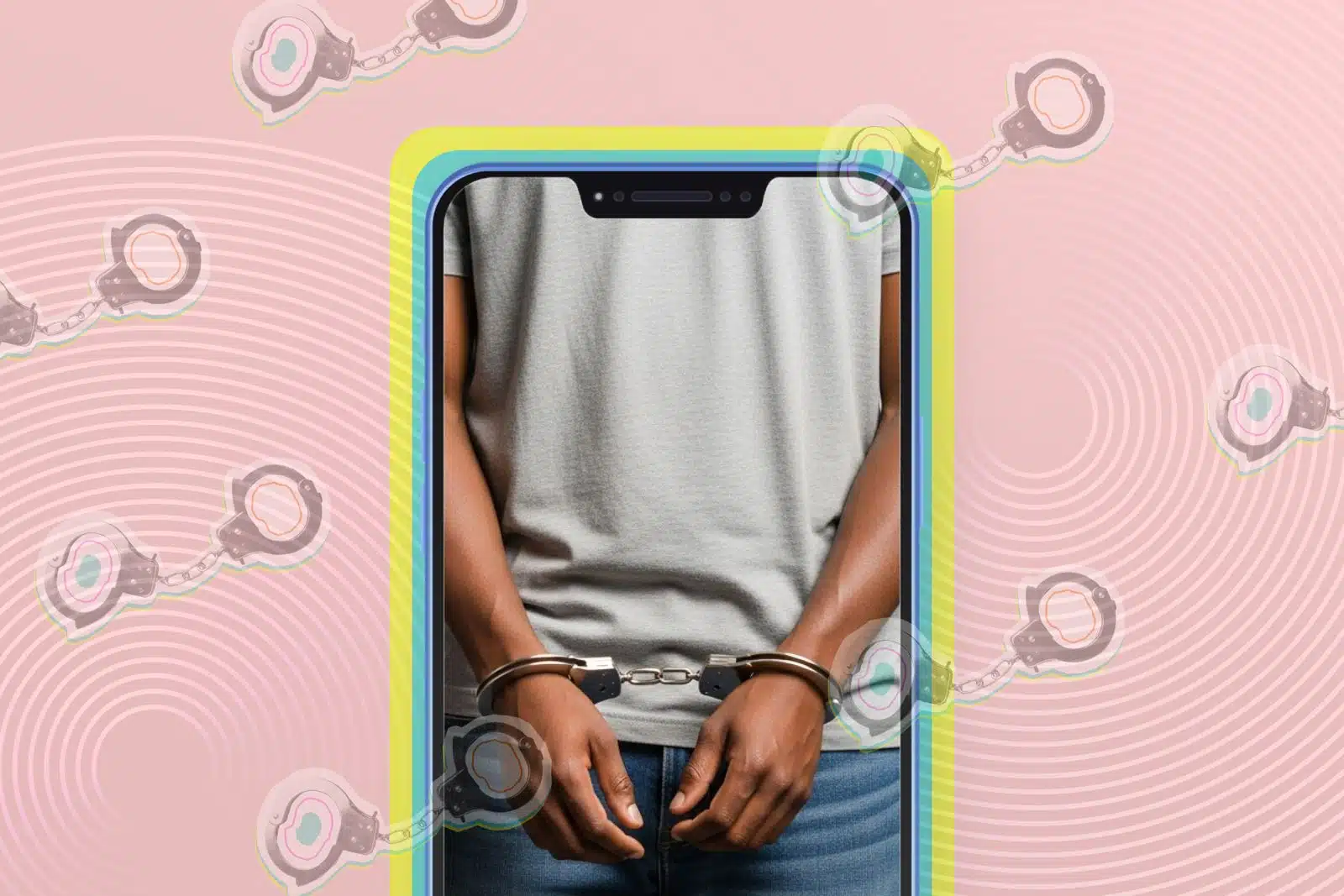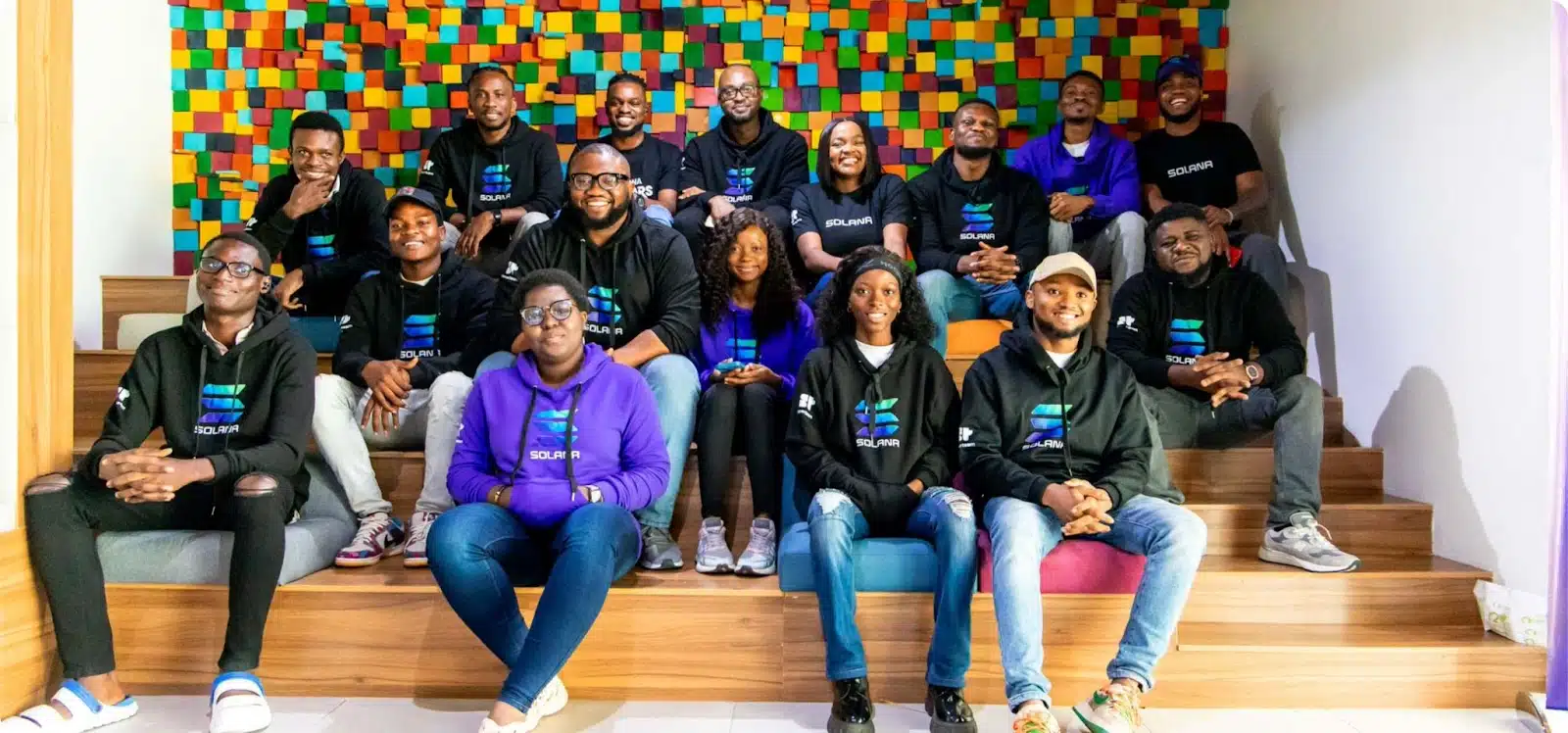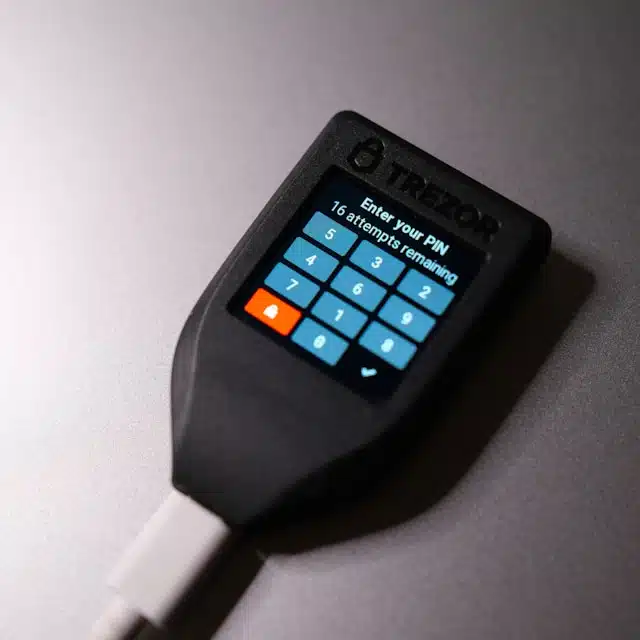“There’s more to blockchain technology than cryptocurrencies.” This claim, often made by blockchain founders and enthusiasts, is intended to remind people — particularly potential users and regulators — that the technology can power solutions far beyond bitcoin trading apps.
Daniel Tambee’s Padi Protocol is one such example. While the platform runs on blockchain, its purpose has nothing to do with crypto trading or finance. Instead, it aims to help well-meaning Nigerians avoid wrongful imprisonment or legal trouble.
Padi Protocol does this in three ways: by offering an NFT feature that allows users to own a digital, but authentic copy of their physical ID card, a system that pairs them with a lawyer in case of legal trouble, and a feature that uploads video and photographic evidence directly to the blockchain.
Speaking to Techpoint Africa, Tambee explained how the platform works, but also stressed that the motivation for building it is just as important as the product itself.
Why we need to upload video and photo evidence to the blockchain

Tambee is a first-time founder but not a newcomer to the blockchain space. Before starting Padi Protocol, he worked as a blockchain engineer at startups such as Zap Africa, BloxMoveNg, and nHub Foundation Africa.
His work in these environments exposed him to the potential of blockchain technology in solving real-world problems.
The idea for Padi Protocol was born during the 2020 EndSARS movement — a protest that claimed the lives of many young Nigerians. The government, however, maintains that no lives were lost.
Tambee recalled how video evidence captured by Obianuju Catherine, popularly known as DJ Switch, was disputed by authorities who claimed it had been doctored.
“The video evidence was live-streamed,” Tambee said, “but the government still insisted it was doctored. For me, that was a call to action to create something tamper-proof.”

Victoria Fakiya – Senior Writer
Techpoint Digest
Stop struggling to find your tech career path
Discover in-demand tech skills and build a standout portfolio in this FREE 5-day email course
A key component of that vision is blockchain. “The whole idea of blockchain is consensus; we all have to agree that something is true,” he explained.
Blockchain stores information in a way that cannot be altered, making the authenticity of that data almost impossible to challenge.
In the case of cryptocurrency, the blockchain works because once a transaction is recorded, it cannot be altered without the consensus of the entire network.
The same principle applies to any other data stored on-chain, whether it’s a video, image, or document. Each record is time-stamped, encrypted, and linked to the one before it, making any change practically impossible without leaving visible traces.
This immutability is what gives blockchain its power: once evidence is uploaded, its authenticity can no longer be credibly disputed.
How Padi Protocol works

Padi Protocol functions much like a camera app, but one with a significant twist. It allows users to take photos and videos that are uploaded directly to the blockchain. Similar to Snapchat, users press and hold the shutter button for video recording, and once released, the clip is instantly uploaded to the blockchain.
Whether it’s an encounter with the police or an altercation where visual evidence could make a difference, Tambee emphasises the importance of having proof that cannot be challenged. But why is footage stored in a phone’s gallery, on Instagram, or in Google Drive less reliable than evidence stored on a blockchain?
“With Google Drive, I can claim that any evidence there has been falsified,” Tambee explained. “The government can also reach out to these organisations — Instagram, Facebook, and so on — to have the content taken down.”
It’s not an empty concern. For example, TikTok removed all the content the Nigerian government requested for deletion between June and December 2024. While the company insists it will not remove content that doesn’t violate its community guidelines, Tambee believes in the absolute immutability of content.
With Padi Protocol, once a recording or photo is taken, even the person who made it cannot alter it — not even Padi Protocol itself. “We’ve structured everything so that we have minimal interaction with your data. We’re using a decentralised file storage system called IPFS.”
IPFS, short for InterPlanetary File System, is a peer-to-peer (P2P) distributed system for storing, accessing, and sharing files, websites, applications, and data. Introduced in 2015 by computer engineer Juan Benet, it represents a major shift in file storage and retrieval, designed to make the Internet more resilient.
Unlike the traditional web, where data is stored on centralised servers, IPFS operates on a decentralised model. It uses a content-addressed system, where each file is identified by a unique hash called an IPFS Content Identifier (CID). This means content is stored and retrieved based on its hash rather than a server location, making it significantly harder to censor or alter.
Padi Protocol essentially creates a simple, user-friendly interface for interacting with the complex inner workings of IPFS, putting powerful decentralised storage technology into the hands of everyday users.
NFT IDs and lawyers
Storing indisputable evidence, or running what Tambee calls an evidence engine, is only part of Padi Protocol’s vision. The platform is also designed to connect users with lawyers and turn any form of identification into a non-fungible token (NFT).
According to Tambee, the idea is to allow users to prove their identity when a physical ID is unavailable. In theory, a tamper-proof, blockchain-verified copy of your ID means you can confirm your identity anywhere, anytime, without worrying about loss or forgery.
However, in practice — especially in Nigeria — showing a police officer an NFT version of your ID may not be very effective. Such a concept could be met with confusion or outright dismissal, making it more of a backup than a proper replacement for a physical card.
Unfortunately, Padi Protocol has not yet gained enough traction to test how these solutions would perform in real-world situations. The product has not officially launched, and Tambee is currently seeking pre-seed funding to bring it to market.
That raises questions about the product’s sustainability and, perhaps more importantly, its ability to generate revenue.
For now, Tambee envisions a business model where users pay to mint NFTs and access legal services from assigned lawyers. “We’re not banking too hard on these,” he admitted. “Eventually, we’re going to have to pivot into other forms of revenue.”
While Tambee remains committed to solving a core problem, he acknowledges that securing pre-seed funding will require clear proof that the business can be financially viable — whether now or in the future.











